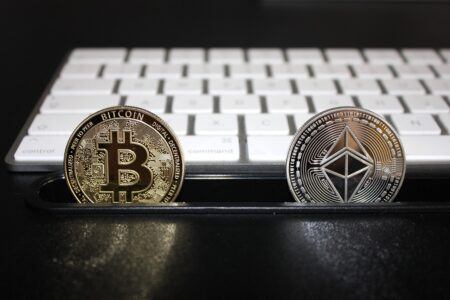The Waves platform, which was launched in the Spring of 2016 by Russian tech entrepreneur Sasha Ivanov, managed to raise $16 million (impressive at that time) through its initial coin offering (ICO).
At first, the blockchain-based Waves platform focused on offering ICO hosting services – as it allows users to easily create and issue their own tokens. The developers of Waves were also among the first in the cryptoasset industry to create and deploy a decentralized digital currency exchange (DEX).
At present, DEXs are not handling anywhere close to as much volume as the more popular centralized crypto exchanges. In fact, even the top DEXs are only seeing daily transaction volumes of around $1.5 million – which is a very small fraction of the daily $200-$800 million in transactions processed by each of the top 10 centralized trading platforms (per day).
Recently Launching Smart Contracts
Waves’ DEX has currently been seeing daily volumes of around $500,000, however, it may potentially have a long-term advantage over many of the competing DEXs. That’s because these have been built and deployed on the Ethereum network – which is struggling with scalability issues.
Three months back, the Waves platform also introduced smart contracts – in order to help developers create customized decentralized applications (dApps). Similar to how developers appear to be focusing on building games on the Tron (TRX) and EOS platforms, one of the main areas of focus for Waves’ developers is also gaming applications.
As CryptoGlobe reported in late October, the Waves platform’s management team had announced a new initiative to attract more video game developers to create applications on its blockchain. Notably, the initiative is funded by a 1 million Waves (appr. $1.83 million) reward pool, from which developers will reportedly be compensated for their efforts.
Stellar (XLM) Is Arguably Waves’ Closest Competitor
Commenting on the rewards program, Ivanov had said at that time:
This initiative was launched to showcase the versatility of Waves technology and stimulate its adoption in such an important industry as gaming. I believe that the gaming sector will be an enthusiastic adopter of blockchain, and will drive its widespread use.
The Waves platform’s main competitors include EOS, Ethereum (ETH), and Stellar (XLM). However, the Stellar network may be able to compete with Waves on all three fronts – as the former also offers smart contract functionality (not Turing Complete), a DEX, and a newly launched bi-directional payment network called Starlight.
Currently, the Ethereum and EOS platforms do not have a DEX, but their respective market capitalizations are considerably greater (Ethereum at $10.5 billion, EOS at $1.9 billion) than that of Waves – which stands at only around $180 million – according to CryptoCompare data.








